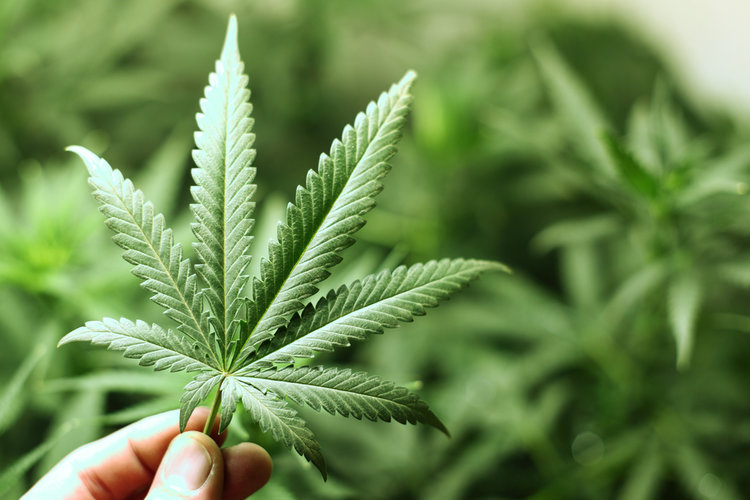Medical cannabis can reach new heights – as long as the researchers and policymakers keep their feet on the ground.
Dr. Delon Human, Head of Innovation and Medical Affairs of PharmaCielo Ltd., a global medical cannabis company headquartered in Toronto has decades of experience as a health consultant. This experience includes high-ranking appointments with both the World Health Organization (WHO) and the World Medical Association (WMA), Dr. Human has seen trends come and go. However, medical cannabis, he says, will only keep growing.
Having shaken off its counterculture mantle and taken root in health care, cannabis offers opportunities to a range of stakeholders – from innovators and investors to suffering individuals. As the industry matures, Dr. Human wants to ensure the benefits continue to outpace the risks.
As it happens, Dr. Human comes from a background of harm reduction and has spent much of his career fighting the excesses of tobacco, alcohol, and substance use. Which raises the question: why would a man who has devoted years to helping people ‘say no’ step into a leadership position at a cannabis company?
Dr. Human also explains what sets PharmaCielo apart—like the fact that the company grows its cannabis under open skies in Colombia (hence the word “Cielo,” or sky, in the name) and partners with a combination of professional flower growers, rural farmers and indigenous peoples with centuries-old expertise to support its farming operations; or why PharmaCielo has placed its bets on cannabis oils and extracts, rather than dried flowers, for its finished products.
How does the public perception of cannabis products match up with reality?
There is still a lot of ignorance around this plant. Part of it has to do with the product’s legacy. As a symbol of so-called hippie culture in the sixties, cannabis still wears the ‘stoner’ hat in some people’s minds. However, if you strip away this historical association, cannabis is just a plant, just like basil or tomato. It happens to be a fascinating and multidimensional plant, with the potential to reduce human suffering.
The connotation of cannabis with smoking has also damaged public perception, though this knee-jerk image is fading as people become aware of the different ways of ingesting the product. Currently, about 70% of cannabis sold in Canada is dried, milled and smoked, but I believe the proportion will get a lot smaller.
How is medical cannabis disrupting the traditional pharmaceutical industry?
In the traditional pharmaceutical industry, innovation and access are always pulling against each other. Broadly speaking, the more innovative the molecule, the more it costs and the greater the barriers to access. Poorer countries and poorer people don’t usually have the same level of access as richer ones. When you consider that most pharmaceutical products treat noncommunicable chronic diseases such as diabetes, arthritis or cancer, the traditional pharma model leaves a lot of people out.
Organisations such as the WHO spend a lot of energy trying to balance innovation and access, but the tension and unfairness persist.
In contrast, cannabis offers the possibility of both high innovation and high access. It is inexpensive to produce, and the right policies can ensure widespread access to those in need, disrupting the traditional marketplace.
Continue reading at Health Europe




















